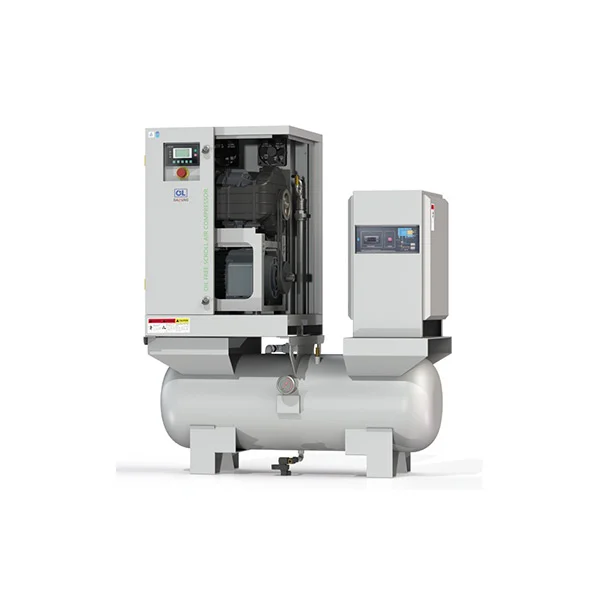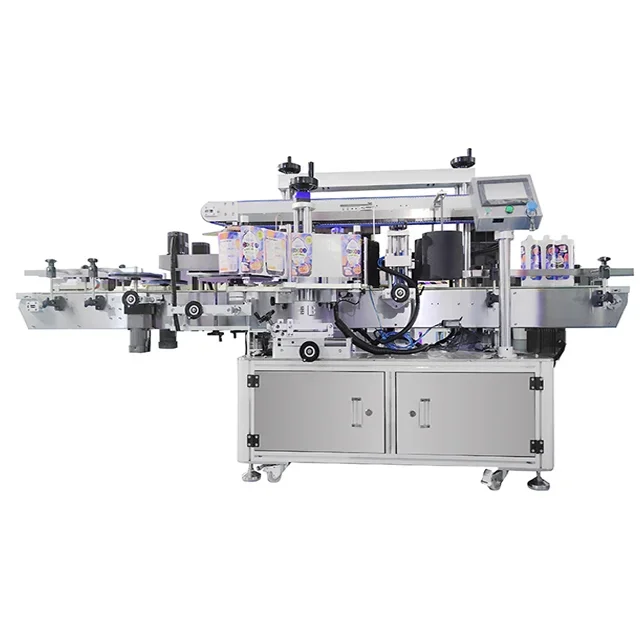Benefits of Natural Dog Probiotics with Prebiotics for Pet Health
The canine gastrointestinal (GI) tract plays a central role in a dog's overall health, influencing not only digestion but also immune function, nutrient absorption, and even behavior. One of the most effective ways to support a healthy gut microbiome in dogs is through the use of natural probiotics combined with prebiotics. These synergistic compounds work together to balance the gut flora, improve digestive efficiency, and boost immune defenses. Büngener, as a high quality dog probiotics with prebiotics exporter, will share the benefits of natural dog probiotics with prebiotics for pet health.
1. Enhanced Digestive Health and Nutrient Absorption
Probiotics are beneficial live microorganisms, primarily strains of Lactobacillus, Bifidobacterium, and Enterococcus, that help maintain a balanced gut microbiota. When administered in adequate amounts, these microbes colonize the intestines, competitively inhibiting harmful pathogens such as Clostridium perfringens and Escherichia coli.
Prebiotics, on the other hand, are non-digestible fibers (e.g., inulin, fructooligosaccharides, and chicory root extract) that serve as a food source for these beneficial bacteria. The inclusion of prebiotics ensures that the probiotic strains are nourished and can multiply effectively in the gut environment.
Together, probiotics and prebiotics enhance digestive function by:
- Promoting the breakdown of complex carbohydrates and proteins.
- Supporting the synthesis of short-chain fatty acids (SCFAs) like butyrate, which nourish colonocytes and regulate gut motility.
- Reducing bloating, diarrhea, and constipation by improving intestinal pH balance and enzymatic activity.
For dogs with sensitive stomachs or those recovering from gastrointestinal disorders, such as inflammatory bowel disease (IBD) or antibiotic-induced dysbiosis, this combination can significantly reduce symptoms and promote faster recovery.
2. Immune System Support
Approximately 70% of the immune system resides in the gut-associated lymphoid tissue (GALT), highlighting the crucial link between gut health and immune function. Probiotics interact with immune cells in the intestinal mucosa, stimulating regulatory T-cells and modulating inflammatory responses.
Natural dog probiotics with prebiotics enhance this immunological interplay by:
- Encouraging the production of immunoglobulin A (IgA), which neutralizes pathogens.
- Enhancing the activity of macrophages and dendritic cells, leading to improved pathogen recognition and elimination.
- Reducing systemic inflammation by balancing pro- and anti-inflammatory cytokines.
For dogs prone to allergies, autoimmune conditions, or chronic infections, consistent supplementation can lead to improved resistance against disease and a better quality of life.
3. Prevention and Management of Gastrointestinal Disorders
Canine gastrointestinal disorders such as leaky gut syndrome, acute gastroenteritis, and small intestinal bacterial overgrowth (SIBO) are increasingly common, particularly in dogs exposed to high-stress environments, poor diets, or frequent antibiotic treatments.
Natural probiotic strains, particularly those resilient to bile and stomach acid, help maintain the integrity of the intestinal barrier by:
- Enhancing tight junction protein expression.
- Inhibiting the adherence of pathogenic bacteria to the intestinal lining.
- Promoting mucin production, which acts as a physical barrier against harmful microbes.
Prebiotics amplify these effects by fostering a more robust and diverse microbial ecosystem. In turn, this helps reduce the recurrence of GI flare-ups, supports consistent stool quality, and maintains optimal hydration by preventing excessive water loss through diarrhea.
4. Improved Skin and Coat Health
A lesser-known benefit of gut health is its impact on a dog's skin and coat condition. The gut-skin axis is an emerging area of veterinary research, emphasizing the relationship between microbiota and dermatological health.
When the gut microbiome is balanced, inflammatory mediators that contribute to skin issues—such as atopic dermatitis, hot spots, and seborrhea—are minimized. Probiotics with prebiotics:
- Reduce the load of pathogenic yeasts like Malassezia.
- Improve the synthesis of essential fatty acids, which contribute to skin hydration and elasticity.
- Decrease itchiness and reduce the likelihood of secondary skin infections.
Pet owners often report noticeable improvements in coat sheen, reduced dandruff, and diminished odor after consistent use of probiotic-prebiotic blends.
5. Behavioral and Cognitive Benefits
Recent studies suggest that the gut-brain axis plays a significant role in modulating mood and behavior in animals. Neurotransmitters such as serotonin and gamma-aminobutyric acid (GABA), which influence anxiety and stress responses, are synthesized in part by gut bacteria.
Natural probiotics, when paired with prebiotics that encourage their growth, can:
- Lower cortisol levels associated with stress.
- Reduce behaviors related to anxiety, such as excessive barking, pacing, and aggression.
- Enhance cognitive performance, particularly in aging dogs, by improving neuronal health via the anti-inflammatory effects of SCFAs.
This has notable implications for dogs in high-stress environments (e.g., rescue shelters or during travel), as well as older pets experiencing cognitive decline.
6. Reduction of Antibiotic Side Effects
Antibiotics, while essential in treating bacterial infections, often cause collateral damage by indiscriminately eliminating both harmful and beneficial bacteria. This disruption can lead to diarrhea, yeast overgrowth, and recurrent infections.
Administering a natural probiotic-prebiotic supplement alongside and after antibiotic therapy can:
- Reestablish microbial equilibrium more rapidly.
- Prevent overcolonization by opportunistic pathogens.
- Shorten the duration of antibiotic-associated gastrointestinal side effects.
Veterinary best practices now often include the recommendation of probiotics during and post-antibiotic regimens for precisely these reasons.
Conclusion
The inclusion of natural dog probiotics with prebiotics in a pet' s daily health regimen provides a powerful, non-pharmaceutical method of improving gut integrity, boosting immunity, and enhancing overall vitality. From better digestion and immune resilience to improved skin health and behavioral stability, the benefits are multifaceted and well-supported by emerging veterinary science. As with any supplement, dog owners should consult their veterinarian to select a high-quality formulation tailored to their pet's specific health needs, ensuring both safety and effectiveness in long-term use.
https://www.bungener.de/articles/benefits-of-natural-dog-probiotics-with-prebiotics.html
Büngener




